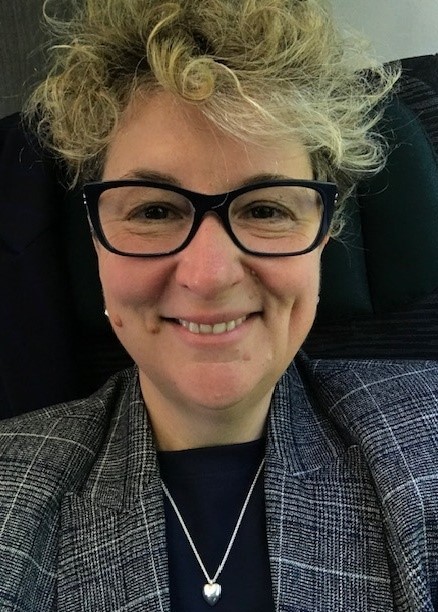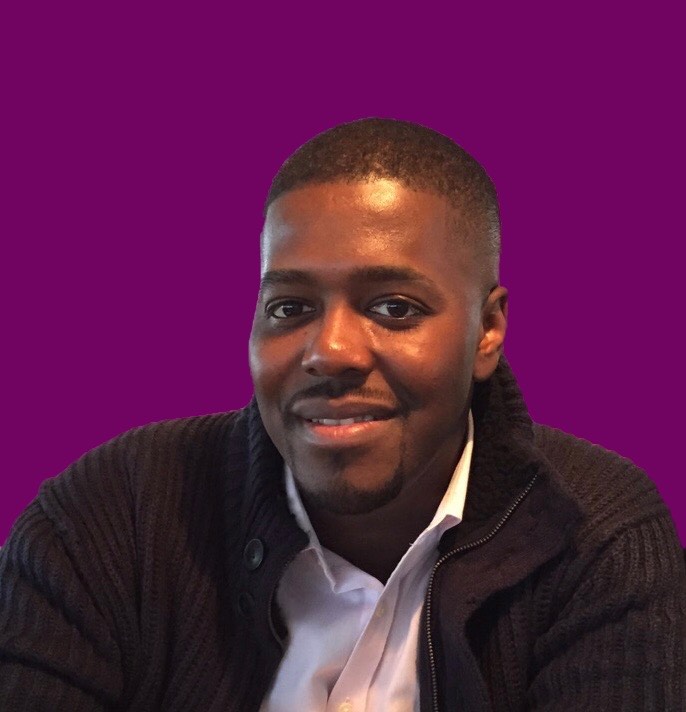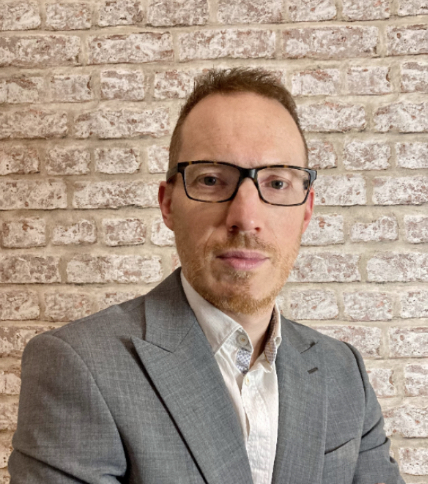This month on UK Fundraising, we look at fundraising consultants, starting with how to find the right one for your requirements. It’s not just about experience, but fit too, say our experts, and it’s also important to understand how consultants work. Read on for more on these and other top tips.
Working with a fundraising consultant can be a great way of enabling your organisation to benefit from expertise you don’t have in-house. Providing an independent perspective and approach as well as experience, they can help with a wealth of things from market research to strategy, business cases for investment in fundraising, to proposition development.

“We come in all flavours,” says Claire Nethersole, Director at CN Fundraising Consultancy. “So we can do trust fundraising, major gifts, community fundraising and much more. What we’re not here to do is introduce you to donors – we’re here to provide a professional service, to bring a skillset that you don’t have in your organisation at the moment.”
But how to go about not only finding the right one for your requirements, but choosing someone who’s also the right fit for your organisation and team?
How & where to find them
There is certainly a good pool of fundraising consultants to choose from. To kick off your search, the Chartered Institute of Fundraising has a directory, and there’s also a fundraising consultants and freelancers Facebook group, as well as the Association of Fundraising Consultants. Consultants for Good is another option, and of course there’s always Google and LinkedIn. If you are searching for consultants of colour, Kemar Walford, Senior Consultant / Director at KN Walford Consultancy, says there are few places to look including this form, which advertises consultants of colour although is not specific to fundraisers.
Word of mouth is also a great way to get recommendations and can be less overwhelming than trawling through pages of listings, as well as a potentially quicker route to finding what you need. If you see a fundraising organisation or charity doing well in an area you want to improve, ask them about it – and who they’re working with, suggests Lesley Hynes, Founder and Director of Lesley Hynes Fundraising, adding:

“Ask around to see who’s delivering the goods. Ask across your networks, because that’s probably where you’ll find the good information. The vast majority of my work comes through personal recommendations.”
What to look for – & how to check
What you’re looking for is someone who has done what you need doing – and can also evidence success. A bare minimum for checking this out, Hynes says, would be speaking to a couple of people the consultant has worked with in the past, and ideally a current client as well.
To this Walford adds:
“You want your consultant or consultancy to have enough experience to showcase their expertise in the kind of fundraising you are contracting them to deliver. So I would say typically two or more years; however, this is not to say that consultants with less are not likely to secure you funding (for example), but with that additional time, they will be able to provide more insights and will also have encountered more issues, which they’ll have learnt to overcome.”
For an additional useful indicator: providers like the Chartered Institute of Fundraising, Directory of Social Change, the Foundation for Social Improvement (now closed), Fundraising Training Ltd and universities offer courses and accreditations for consultants (or did), which also means that a consultant with any of these is likely to be a safe pair of hands.
Another tip is to look at their personal involvement in the sector. This, alongside a passion for fundraising, should be a prerequisite says Grahame Darnell, Managing Director at Darnell Consulting: “A consultant’s energy and passion should be evident during the selection process. You can also see what they write about on LinkedIn – do they write knowledgeable and passionate opinion pieces offering their perspective on important issues? But remember this is about quality of articles rather than volume of posts.”
Know what you want
Finding someone who fits the bill in answering all these requirements is only a first step, and there are a number of other, just as important, tips for making the right choice for a successful partnership.
Firstly, it might sound obvious but it’s essential to have a clear idea about what you want to achieve, and why an external perspective can add value – is it about capacity, new ideas, bringing some constructive challenge, or a mix of these? The more clearly you understand what’s needed, the clearer a brief you’ll be able to give a consultant and the better a result you’ll inevitably see.
“People often don’t know what they want or aren’t 100% certain about what they need, and that can make it quite hard in terms of putting forward a proposal.” says Nethersole. “Be really clear about your brief. That’s probably where a lot of people come unstuck – when it says a charity wants one thing and then you deliver it and it turns out they wanted something else.”
Understand how consultants work
Open communication is essential to ensure both sides are clear on what’s required, what a consultant can do, and what as a result can be delivered. Consultants can – and usually do – do more than just the strategic thinking (a common misperception, consultants say). Generally they’re there to do the work, as well as help you to get into a position where you can successfully take it on in the future.
Hynes says:
“I don’t think people expect fundraising consultants get their hands dirty but in order to be successful and useful, we need to. So as well as talking about strategy a lot of us also do the work, and while it might seem an expensive exercise to use somebody like me to do your hands-on fundraising, in fact the cost-effectiveness of it is amazing. Our ratio is extraordinary in terms of our success rate.”

So think too about how to use them most effectively. Walford comments:
“By asking some simple questions, like ‘how do I use your time effectively, and is this the right task for your time and expertise?’, you can use their time best and develop an effective relationship.”
Agree on the brief and proposal
Of course, a lot of the key details of how a consultant will work with you come in their proposal – and it’s essential to get one. This will show you how well they’ve understood your brief, and what you can expect in return.
It’s really important to be clear on what they can deliver for you, how, and over what timeframe. And if you’re hiring a consultant to help your organisation bring in some funding or income, you’ll also want to ask at what point you might start to see this coming in.
Walford’s advice for thinking about the proposal and approach of a consultant is as follows:
“There are three critical things to consider,” he says. “First, they must have listened or read the brief provided, as understanding the client’s needs is essential. The second is the flexibility of the consultant. Can they be flexible and agile enough to support you to achieve your goals and objectives while providing you with some extras? The third is straightforward honesty. The consultant must be able to talk you through any issues and potential barriers and provide clear solutions.”
Weigh up costs
Costs are another key conversation to have before making a commitment. Most professional fundraisers will be very clear about what they will cost so consultants don’t advise going into arrangement where these aren’t clear.
But also, they say, don’t be immediately put off by a higher daily rate – look into what they’re offering and the timescale, and really consider the value and change they will bring you before making that decision. You may well find that someone on a higher daily rate due to their experience can achieve what you want in a short enough timeframe to make them the right choice for your organisation. Equally, don’t discount someone based on a cheaper daily rate – check out their references and proposal first.
Know who you’re getting

And, if you’re not working with an individual, but a consulting firm, there’s something else to consider, says Darnell:
“If you are working with a consulting firm with a team, make sure you are clear on who is doing the work and who is the main point of contact. Some consultancies might choose to attend a pitch with senior experienced people alongside more junior staff. So make sure you ask how much of the senior person’s time you will get.”
Look for a good fit
But as in any relationship, the softer criteria are just as important. It’s not solely about whether a consultant is right for the work you need done, but – because you’ll be working closely together – whether you connect enough to form a comfortable relationship with them. Working this out, Nethersole says, is probably her biggest tip. To get an idea, she advises having as many conversations as you can before proceeding so you can glean information on their style and how they work, and whether they’re someone you will feel comfortable with:
“In the same way you would with an interview, chat to that person. Do you get a good feeling about them? Do you understand what they’re going to be doing and what those outcomes are going to be? Make sure you can work with them. Sometimes we have to deliver difficult messages to charities, so think: if this person turns around and says that you need to do something that isn’t what you thought, how are you going to take that?”
Gut feeling is an important indicator. If you feel they are providing you with honest and straightforward approaches that you trust are the right solution for your organisation, then they are most likely the right fit.
Darnell adds:
“Fit is crucial. You need to ask yourself: how will my team, colleagues and trustees receive this person? Good consultants will be highly personable, have gravitas, be able to evidence their leadership credentials and bring a sense of constructive challenge. However, this needs to come across in the right way – gravitas can spill into self-importance; similarly, constructive challenge needs to be carried out respectfully – most organisations don’t need a ‘hand grenade’, they need to be challenged in a diplomatic way that makes people want to come on a journey with the consultant.”
Be prepared to work together
And this is a key point – fit is also crucial because taking on a consultant isn’t about simply handing over a job and leaving them to get on with it. It’s a relationship that requires open dialogue, information exchange, and teamwork, so you need to be prepared to work closely together.
It can be useful to define expectations for and from both sides ahead of working together. This is something Hynes does as she explains:
“We’ve put a piece of work together, which is about what we need from you and what you might expect from us in return, in terms of how we’re going to communicate, what we’re going to do, and how. It’s not a contract – it’s about saying to people: this is who we are, and we will succeed for you, but we can’t do it in isolation. This is how we work.”
There’s no doubt that fundraising consultants have a lot to offer an organisation – and with a few key steps in place from the outset, a working relationship can be set up that succeeds for both sides.
from UK Fundraising https://ift.tt/mR0AePH
0 comments:
Post a Comment